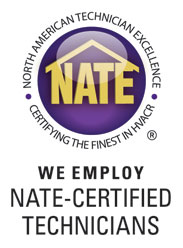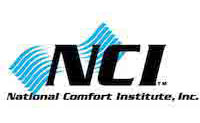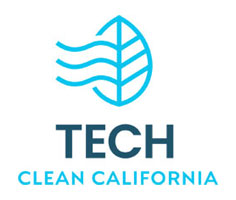Pretty much anyone can read a thermal screen and or tell when an HVACR (heating, ventilation, air conditioning and refrigeration) has stopped functioning. However, the HVACR industry focuses on producing and employing trained technicians, trained by only the best HVAC instructors, to perform the tasks of HVACR installation, maintenance and repair among other tasks. Although many people claim to have the adequate training capacity, it is important to note that any solid HVACR training must always incorporate the fundamentals and the basics of HVAC systems.
Benefits of trained technicians
A trained technician possesses the basic skills of going about any HVAC equipment regardless of its model or the so-called complexities. This not only enables him/ her to diagnose any problem or potential problem with HVAC equipment, but also helps him/ her come up with a viable solution. Additionally, these technicians can be counted on to recommend energy efficient equipment, install them and or conduct regular maintenance and repairs.
Importance of contracting trained technicians for regular HVAC equipment maintenance
New equipment function relatively energy efficiently even if it does not allow much energy saving. With more complex technologies, energy efficient equipment have been made and supplied to consumers, but with time, even the most energy efficient equipment wears off and its energy efficiency reduces. A trained technician, conducting regular maintenance on the equipment, ensures that the equipment receives proper cleaning and minor repairs so that no energy gets wasted. Regardless of the equipment’s manufacturer and or complexity, these technicians can always apply the fundamental basics they learn about HVAC systems to ensure each equipment functions as it should.
HVAC instructors
Most HVAC trainers seek to make their students as skilled as possible. However, some trainers forget about the main purpose of training and train on anything else but the fundamentals of the HVAC systems. Effective HVAC trainers should ensure that as they teach about the complexities of the upcoming HVAC equipment, they teach the students on the fundamentals and basics of HVAC, such as thermodynamics principles, so that they can always employ those skills if anything else fails.
Conclusion
Effectively trained HVAC technicians must possess the fundamentals and basics of the HVACR industry, in addition to whatever else complexities they wish to learn. Basic understanding of the HVAC operation mechanisms enables trainees to work on a wide variety of HVAC equipment regardless of their complexity. The trainees can, thus, detect and correct problems on any HVAC equipment.













